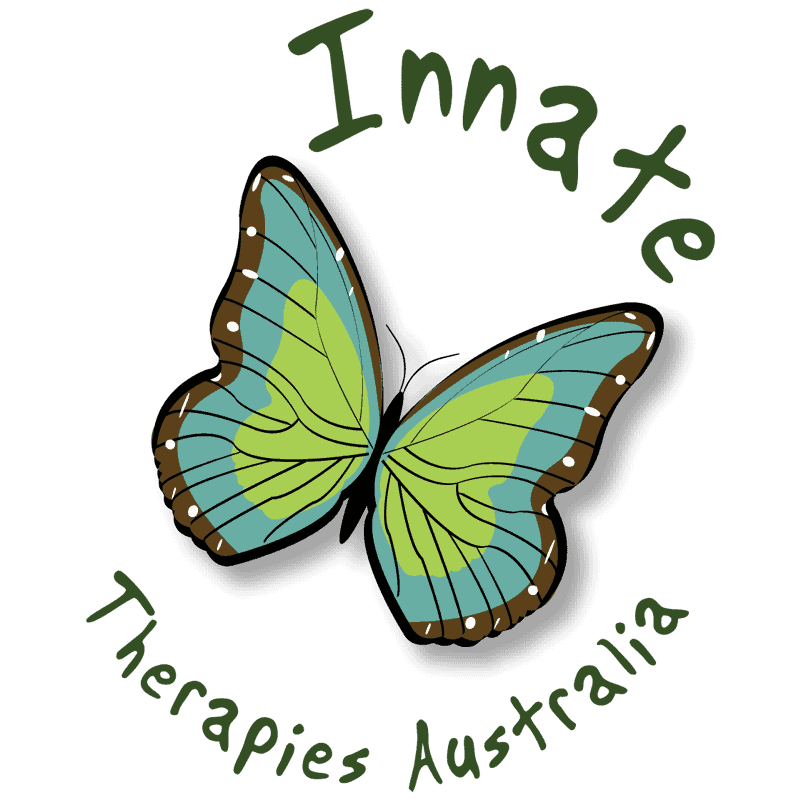How Innate Therapies Will Help You?
Embarking on the journey of relationships and family life is a rewarding yet complex adventure. Along this path, challenges often arise, requiring guidance and support. Relationship and family therapy is available here in Cairns by Innate Therapies. Provides hope, insights, and strategies to navigate the complexities of human connections.
This guide will discuss relationship and family therapy. Additionally, it will explore how natural therapies can enhance and complement these approaches. By combining these methods, individuals can have a comprehensive framework for healing and personal growth.
Understanding Relationship and Family Therapy
Relationship and family therapy is a type of therapy that helps improve communication. It also helps solve conflicts and build healthy connections in intimate relationships and families. Our therapists at Innate Therapy focus on problem-solving from the outset, encouraging constructive changes and individual development. They also educate how people are related to one another.
Key Principles of Relationship and Family Therapy
Systems Theory and Holistic Understanding: The foundation of relationship and family therapy lies in systems theory. Therapists examine the dynamics, roles, and patterns within these systems, considering the connectivity of individuals. This holistic understanding allows for more effective interventions.
Communication Skills and Active Listening: Effective communication is crucial for healthy relationships. Our Therapists in Cairns work with individuals, couples, and families to enhance communication skills, emphasizing active listening to promote mutual understanding and connection.
Conflict Resolution and Emotional Regulation:
Conflicts naturally occur in any relationship, but the key lies in how individuals manage them. Relationship and family therapy equips clients with tools for conflict resolution and emotional regulation, fostering a healthier and more constructive way of addressing differences.
Cultural Sensitivity and Inclusivity: Recognizing and respecting cultural differences is paramount. Our Therapists try to understand their clients’ cultures and adjust their methods to be culturally sensitive and inclusive

Incorporating Innate Therapies
In addition to traditional therapeutic approaches, innate therapies play a crucial role in enhancing the effectiveness of relationship and family therapy. Innate therapies focus on the body’s natural ability to heal and maintain balance, recognizing the interconnectedness of physical, emotional, and mental well-being.
Mindfulness and Meditation: Incorporating mindfulness practices and meditation into therapy sessions can help individuals and families cultivate a heightened sense of awareness. This, in turn, promotes emotional regulation, stress reduction, and a deeper connection with oneself and others.
Art and Expressive Therapies: Creativity can be a powerful tool for self-expression and exploration. Art and expressive therapies, such as drawing, painting, or music, provide alternative avenues for individuals and families to communicate their emotions and experiences.
The Transformative Impact of Combined Therapies
Holistic Healing:
Combining natural therapies with traditional methods promotes overall healing, addressing mental, physical, and energetic aspects of problems. Innate Therapies comprehensive approach contributes to a more profound and lasting transformation.
Increased Self-Awareness: Innate therapies often encourage self-reflection and increased self-awareness. When people and families understand their own needs and feelings better, they can have more genuine and understanding relationships.
Enhanced Resilience: The combination of traditional and innate therapies contributes to increased emotional resilience. Clients learn ways to deal with life’s challenges better, both during therapy and in their everyday lives.
Improved Connection and Intimacy: As individuals and families explore innate therapies alongside traditional methods, there is often a noticeable improvement in connection and intimacy. Whether through mindful practices or expressive therapies, clients can experience a deepening of their relationships.
Challenges and Considerations in Combined Therapies
Individual Preferences and Comfort Levels: It’s essential to recognize that individuals have different preferences and comfort levels with various therapeutic modalities. Therapists must collaborate with clients to determine the most effective combination of approaches for their unique needs.
Integration and Collaboration Among Therapists: When incorporating innate therapies, collaboration between different types of therapists is vital. Open communication and a shared understanding of each modality’s goals ensure a seamless and effective therapeutic experience.
Time and Commitment: Combined therapies may require additional time and commitment from clients. Having realistic expectations and ensuring people are willing to invest in their healing journey is important.
Navigating the intricate journey of relationships and family life requires a multifaceted approach that recognizes the interconnectedness of the mind, body, and spirit. Relationship and family therapy, when complemented by innate therapies, forms a powerful synergy that addresses the complexities of human connections holistically.
People can find comfort and strength as they embark on this life-changing journey. They can achieve this by combining traditional therapy with the natural wisdom of their body and mind. This guide invites you to explore different therapies that can help you heal, grow, and have better relationships.

